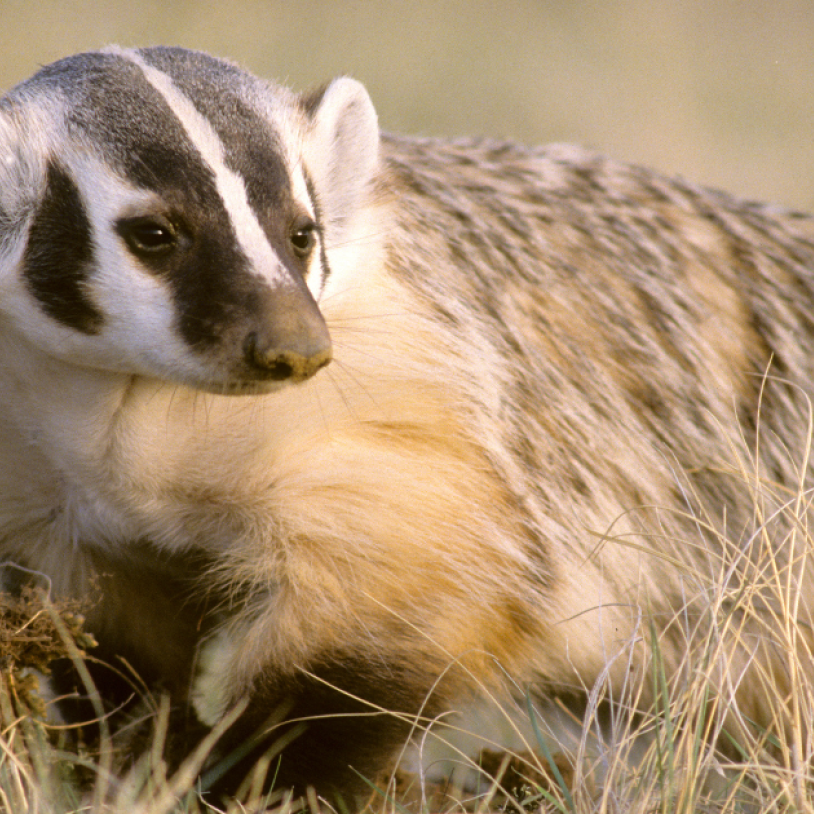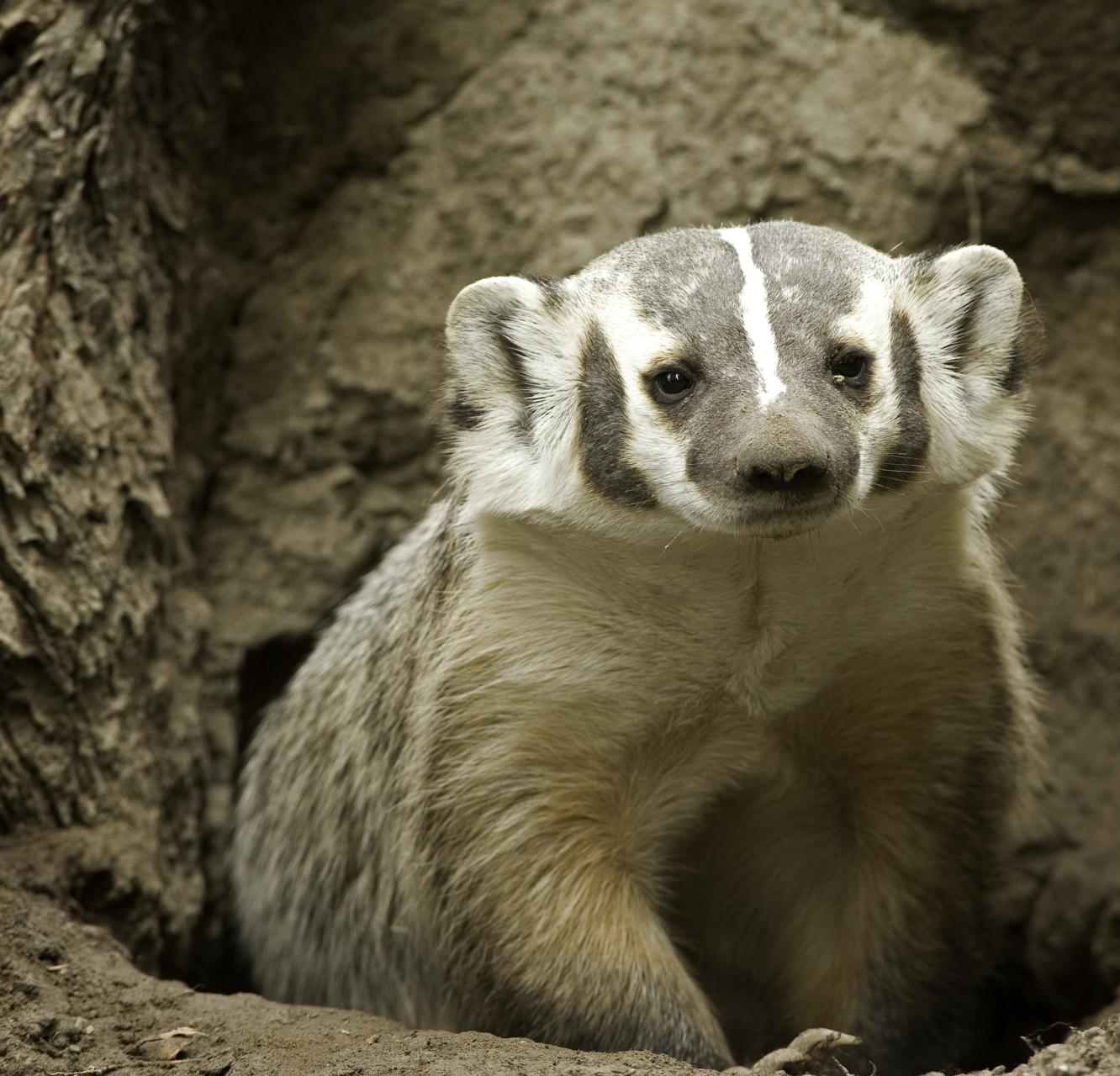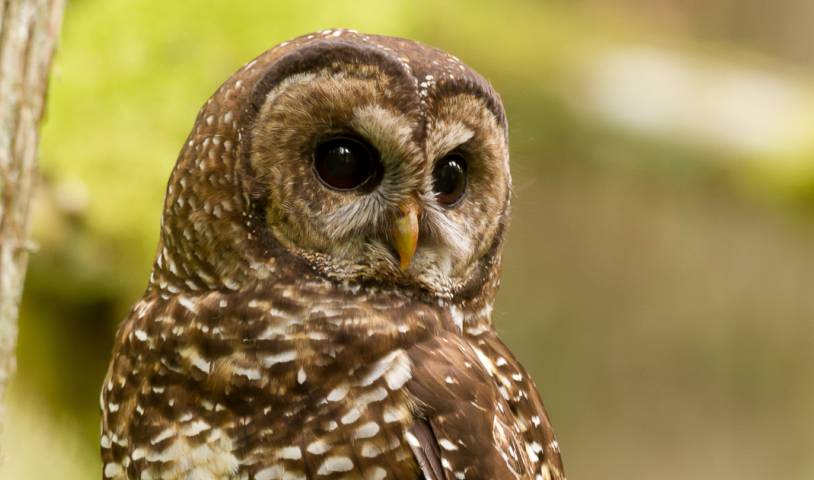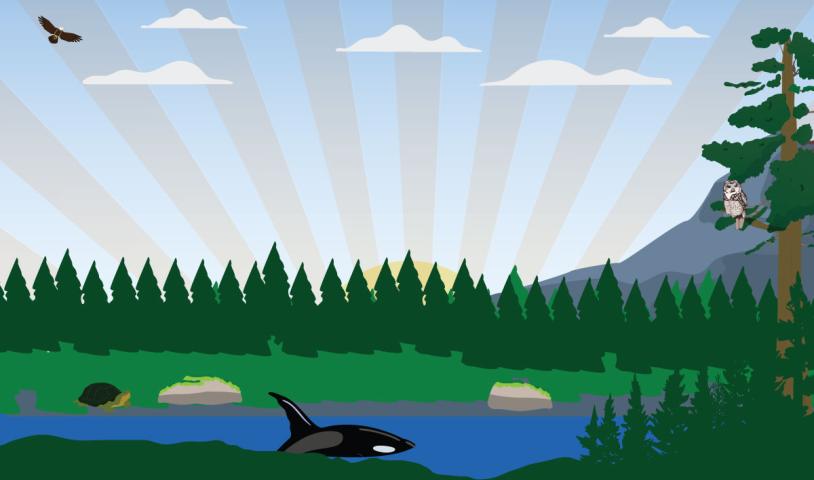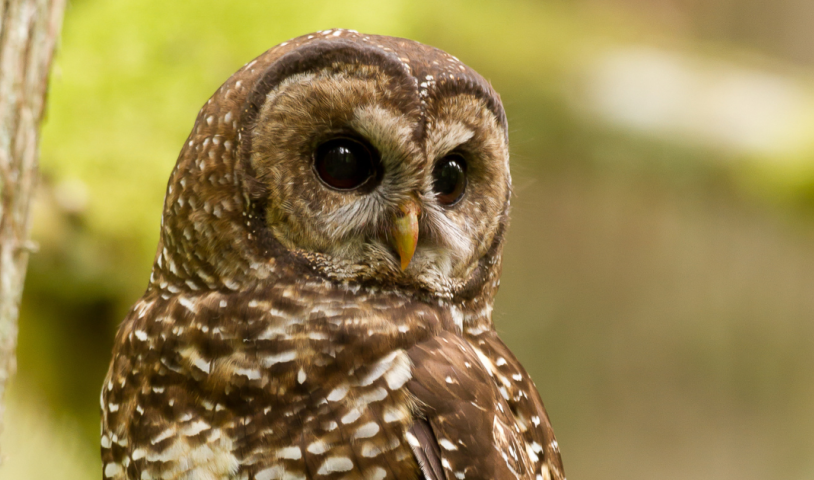Provincial plan to save marmot failing: critics
Wednesday, May 20, 2009Habitat must be identified, green group charges
The future of the Vancouver Island marmot is up in the air because the province refuses to identify the habitat the endangered marmot needs to survive, environmentalists charge.
The Western Canada Wilderness Committee will release documents today it acquired through freedom-of-information legislation that indicate the province is reluctant to formally identify and protect marmot habitat as it is expected to do under the federal Species at Risk Act.
"The B.C. government, in contravention of SARA, has instructed recovery teams to not identify critical habitat," said Gwen Barlee, policy director with WCWC.
But Barry Penner, the provincial environment minister, said yesterday he's puzzled by the criticism and said the province is doing much to help restore the marmot populations to healthy numbers.
"I'm somewhat surprised because I think the marmot recovery program is a real success story," said Penner.
"I believe we're preparing this year to release about 60 marmots back into the wild. A few years ago, we were down to about 30 [in the wild] and today we're up to about 90.
"The outcomes are positive but we're still trying to boost the population even further."
Under the SARA, the province is responsible for drafting recovery strategies for the endangered species found here.
"Many of these recovery strategies are grossly overdue, including the Vancouver Island marmot [strategy] which was due to be released by June 5, 2006," said Barlee.
The lack of habitat identification is a hallmark of recovery strategies spearheaded by the B.C. government, the WCWC charged. Confidential government documents show references to the identification of the marmot's critical habitat have been removed.
"No critical habitat, as defined under the federal Species at Risk Act, is proposed for identification at this time," notes a federal document describing B.C.'s direction on critical habitat.
"While much is known about the habitat needs of the species included within this recovery strategy, more definitive work must be completed before any specific sites can be formally proposed as critical habitat."
Penner said the province has some habitat protection in place for the marmot. "There are 1,200 hectares or 3,000 acres on the southern part of Vancouver Island, specifically Hailey Lake and the Green Mountain Conservation Area and farther north, Strathcona Park is 250,000 hectares."
Saving the marmot from extinction isn't just about habitat, he said, pointing out the marmot population was wiped out from Strathcona Park despite the land's protected status. Predation is the prime threat, and human shepherds are in place to guard colonies from wolf, cougar and golden eagle, he said.
But even the federal government has taken note of apparent lapses by the province.
"It seems there are some unresolved issues around SARA compliancy," said Lucy Reiss, of the species-at-risk recovery unit, to provincial recovery planning co-ordinator Jeff Brown in a December 2007 e-mail.
"It's not clear to me ... why currently occupied habitat can't be identified and the schedule of studies is seriously lacking in detail for a complete identification of [critical habitat]," said Reiss.
Penner said he believes the province is holding up its end in the SARA, and he hasn't had any concerns voiced to him from his federal counterpart in Ottawa, John Baird.
After reviewing hundreds of pages of government documents, Barlee said the only apparent reason critical habitat is not identified is to due to a political directive from the province.
"For a government that professes to be green, I found this beyond surprising," said Barlee.
"If they don't want to protect the habitat of endangered species because of perceived costs they should at least be honest with the public instead of trying to bamboozle people into thinking the B.C. government actually gives a damn about taking meaningful action to protect our endangered wildlife."
The Vancouver Island Marmot Recovery Foundation is funded by the province, forestry companies and public donations.
© Times Colonist (Victoria) 2008
